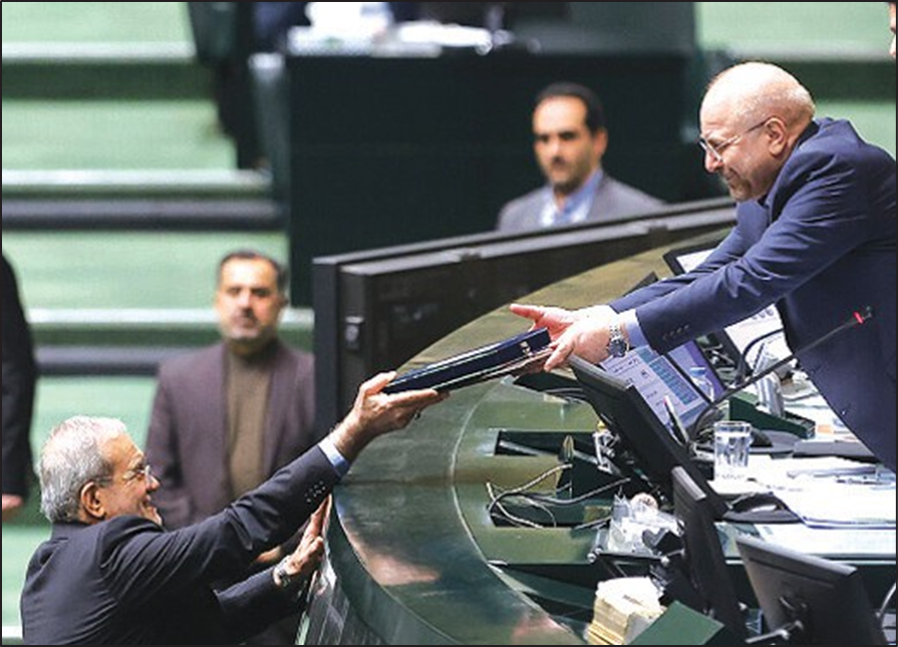Iran remains one of only two governments failing to make any effort to block substantial money laundering, according to the Financial Action Task Force (FATF), the international body created two decades ago to combat money laundering and terrorist financing.
Iran had been alone at the top of the list last year. Its position there was renewed in February when North Korea joined it. A new list will be issued at the end of this month after FATF’s annual meeting in Mexico.
No other countries are cited in the worst category of offenders.
But last week, Abdol-Mahdi Arjomand-nejad, the head of the money laundering division of the Central Bank, said Iran had been removed from the global listing because of the actions the Central Bank had taken to combat money laundering. FATF told the Iran Times that was not true.
According to the Mehr news agency, Arjomand-nejad said Iran’s accomplishments in combating money laundering had been recognized at the recent meeting of the World Bank (WB) and International Monetary Fund (IMF) in Washington and that “led to the removal of Iran’s name from the list of countries involved in money laundering operations.”
But it is the Paris-based FATF, not the Washington-based IMF or WB, that pursues money laundering and cites governments that are not doing enough.
As of its February 25 listing, FATF cited 33 countries for not yet doing enough to fight money laundering. Twenty of those countries were on a watch list; they all had published plans for policing money laundering, but FATF said there had not been enough time to determine if their plans were being enforced.
Another 11 countries were cited for not doing enough to battle money laundering. They are: Angola, Bolivia, Ethiopia, Kenya, Myanmar, Nepal, Nigeria, Sri Lanka, Syria, Trinidad and Turkey.
Two countries, Iran and North Korea, were cited for actively being engaged in “substantial money laundering and terrorist financing.” FATF called on all other countries to “apply counter-measures to protect the international financial system” from Iran and North Korea. Iran had been in that category before; North Korea was added for the first time in February.
It is FATF’s citation of Iran as a threat to the international financial system that has made it easier for the United States to convince so many banking institutions around the world to cease doing business with Iran.
If Iran should be removed from FATF’s list—or, more likely, put in a lower category—at this month’s plenary meeting, it would be a huge step in enabling Iran to climb out of the financial hole it is currently in.
In its February listing, FATF cited Iran for “failure to meaningfully address the ongoing and substantial deficiencies” in its official efforts to halt money laundering and terrorist financing through its banks. It specifically urged Iran to make terrorist financing a criminal action under Iranian law and to institute a system under which bankers must notify the government of any suspicious transactions. These are the keystones of FATF’s recommendations for the last two decades.
FATF was established by the seven major economic powers in 1989. It has since expanded to 34 members, both governments and international organizations. FATF has established a list of standards and guidelines that it wants national banking systems to adopt and enforce to “counter the use of the financial system by criminals.” Its targets are money laundering, used by criminal groups and drug traffickers to make illegal profits look like honest money, and terrorist financing, for which Iran and North Korea appear to be its chief concerns.
















